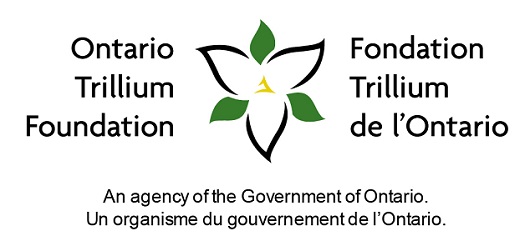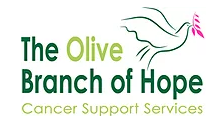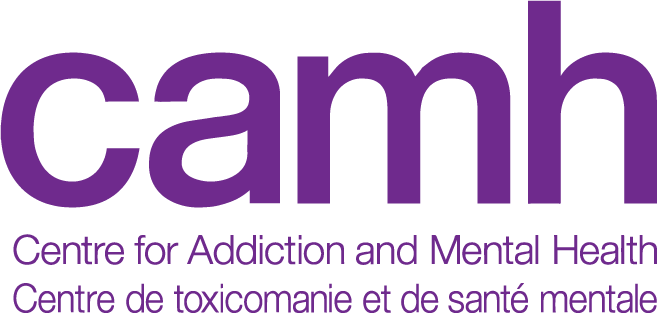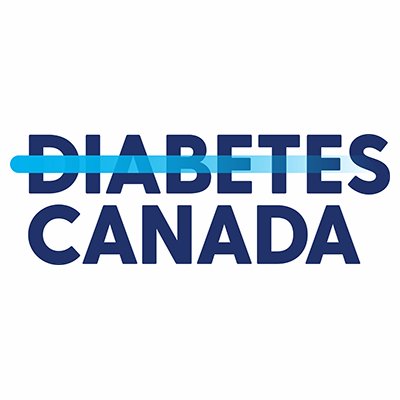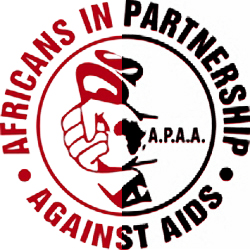Working in partnership to improve the health and wellbeing of Black communities
Working closely with our partners — including grassroots groups, government, and business we aim to work collectively to address the challenges affecting the health and wellbeing of Black communities.

ACTION
Communities Marginalized by Race and Ethnicity in Canada
The University Health Network (UHN) Centre for Living Organ Donation, the Providence Health Care Research Institute (PHCRI) and their partners have recently embarked on a project to support race-based healthcare disparities in Canada.
The project will examine living donor kidney transplantation (LDKT) as a model for disparities between ethno-racial minority groups and white Canadians in the Canadian healthcare system. We believe that the various pathways of chronic illness and breakdowns in social determinants of health in LDKT serve as a transferable model of healthcare practices in other specialties, and that addressing this disparity can serve as an effective model of healthcare change.
For this project, we will address disparities in communities within the South Asian Canadian population and the African, Caribbean, and Black (ACB) Canadian population. Work with South Asian communities will be carried out by PHCRI in
B.C., and work with ACB communities will be carried out by the UHN Centre for Living Organ Donation in Ontario.

WOMBCARE
Within the Canadian healthcare context, very limited race-based data is collected for women of African descent that leads to a gap in individualized care and prevention strategies implemented within our health programs. There are limited community resources and safe spaces black women and their partners to access where they can voice concerns about the physical impairment caused by sexual and reproductive issues, discuss their sense of femininity and sexuality, pregnancy and infertility concerns (2-8).
To help improve the reproductive and sexual health of women of African descent, I am proposing a community-based program using a social ecological model to address the social determinants of health that directly and indirectly impact health disparities among this group.
The Black Health Alliance has also enjoyed the support of many well-established community organizations and agencies such as Tropicana Community Services, Jamaican Canadian Association, Malvern Community Coalition, Centre for Addiction and Mental Health, Malvern Family Resource Centre, federal, provincial and municipal politicians, and several community churches.
GET CONNECTED
Subscribe to receive our updates


